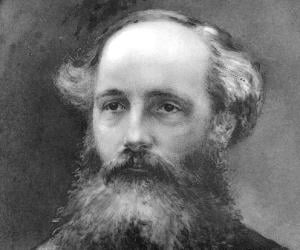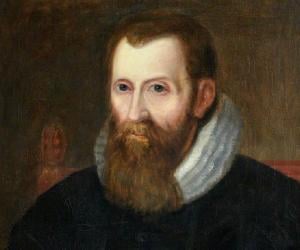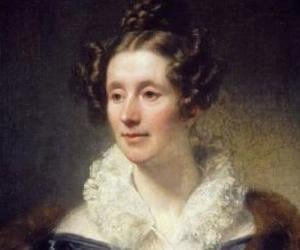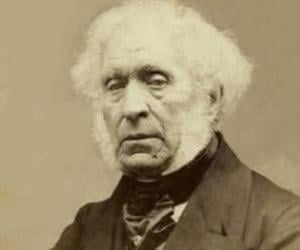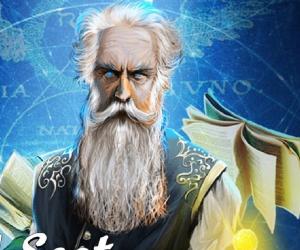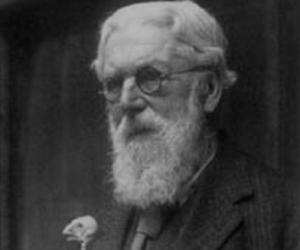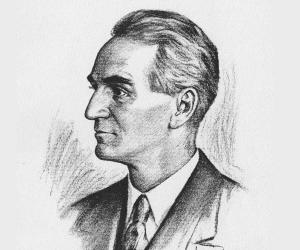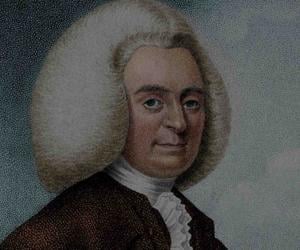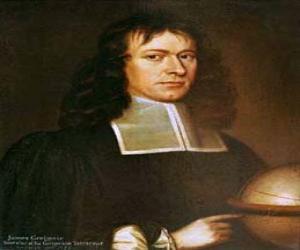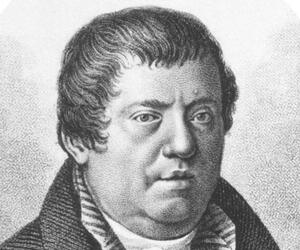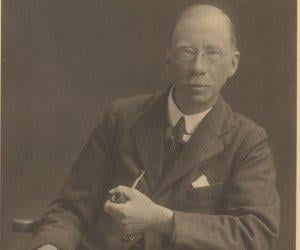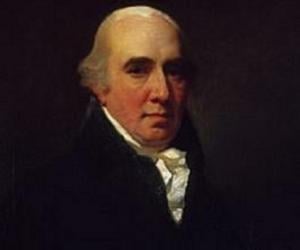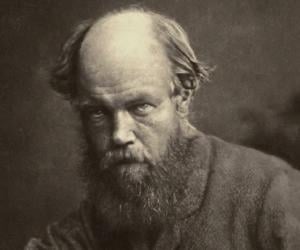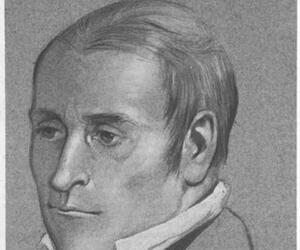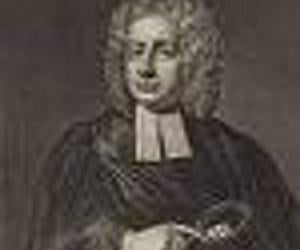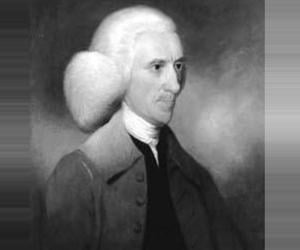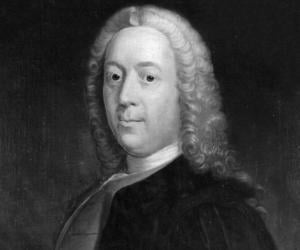1
James Maxwell
(Scottish Mathematician and Scientist Who Gave the Classical Theory of Electromagnetic Radiation)
Birthdate: June 13, 1831
Sun Sign: Gemini
Birthplace: Edinburgh, Scotland
Died: November 5, 1879
James Clerk Maxwell was a Scottish physicist known for his groundbreaking work in the field of electromagnetism. He developed the classical theory of electromagnetic radiation, unifying electricity, magnetism, and light. Maxwell's equations revolutionized physics, leading to the prediction of radio waves and advancements in electrical engineering. He also made significant contributions to the kinetic theory of gases, color photography, structural analysis, and dimensional analysis. Maxwell's discoveries laid the foundation for modern physics, influencing fields such as special relativity and quantum mechanics, earning him a place among the greatest scientists in history.
